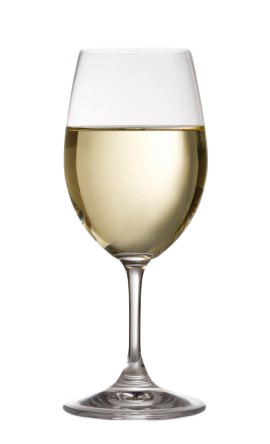 Party goers may find themselves turned away from Devon bars and clubs this
Christmas as police launch a new campaign to tackle alcohol
related crime.
Party goers may find themselves turned away from Devon bars and clubs this
Christmas as police launch a new campaign to tackle alcohol
related crime.The #RU2drunk scheme will see bouncers posted on doors at popular venues in Torquay. The bouncers will breathalyse any customers they think may be too drunk to gain entry.
The joint campaign by police and licensees will run at 23 of the resorts busiest pubs, clubs and bars and Police and Crime Commissioner, Tony Hogg, said he was “delighted” to see traders united in taking action on the issue.
“The impact of alcohol related crime on our communities and public services is not sustainable, If we are to address this issue we need everyone to play their part; public services, communities, licensees and drinkers. Drinkers need to realise there are immediate consequences of getting too drunk on a night out. Drink too much, too early and your night out may never get started.”
The force said that around 20% of all violent crime in the seaside town was attributable to the evening and night time economy and the majority of these offenses happen in the harbor side area.
They have already increased patrols in the area, but said they now want to work more closely with licensees who identify “pre–loading” as one of the biggest contributors to the problem.
Each premises involved in the breathalyser pilot will decide if they want to set a limit, but anyone giving a high reading may be refused entry.
Door staff have been trained by police to use breath boxes normally used for roadside tests.
A similar scheme was trialled last winter in Norwich. Figures revealed a 32% reduction in violence and sexual violence offenses and a 66% reduction in drunk and disorderly arrests.
Around 95% of the businesses who took part said they would recommend it as a method of combating alcohol related violence, and it has now been adopted on a permanent basis.
Force lead, Chief Inspector Neil Ralph, stressed that the new scheme was not being introduced “to ban fun”.
“This pilot is to keep Torquay safe so everyone can have an enjoyable evening, free from trouble,” he said.
“In December we usually see an increase in alcohol related crime and we hope the ‘breathalyse on entry’ pilot will be an effective tool in reducing this.
“Trials in other parts of the country have seen a decrease in alcohol related offending, contributing towards safer evening and night time economies.”
He also praised venues for their support with the campaign: “It demonstrates a commendable attitude to making what is already a safe environment even safer.”
Results from the pilot will be analysed by a team from the University of Exeter.






